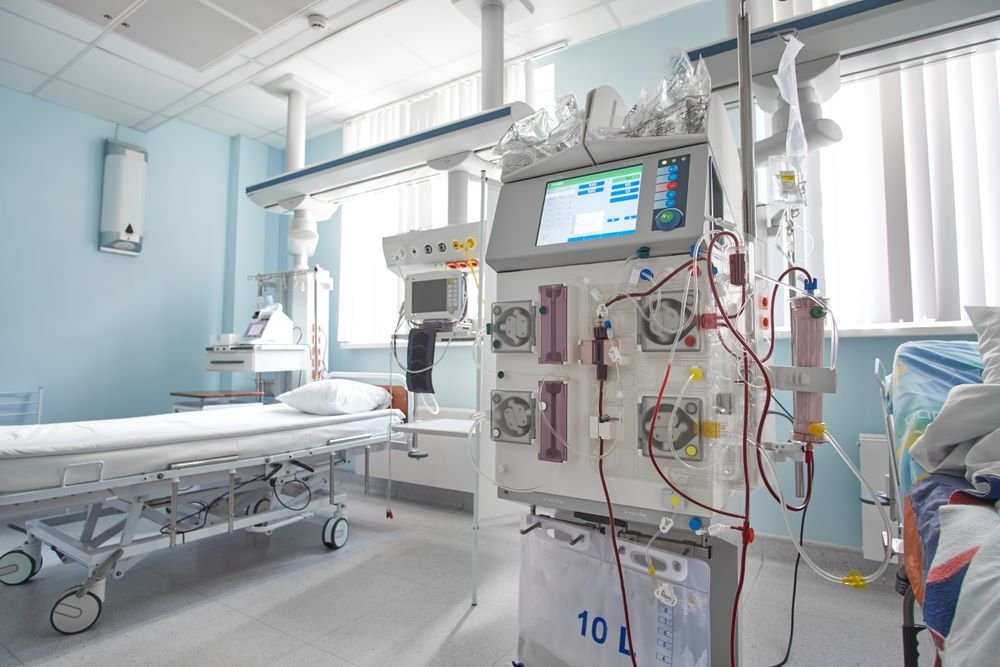
- Call Today +91 7490906544
- Open Hour (Mon - Sat) 8:00 AM - 8:00 PM


Peritoneal Dialysis (PD) is a crucial medical procedure employed to manage kidney failure, also known as end-stage renal disease (ESRD). When the kidneys fail to adequately filter waste and excess fluid from the blood, it leads to a build-up of toxins in the body. Peritoneal Dialysis serves as a life-sustaining therapy that replicates some of the kidney's essential functions. Unlike hemodialysis, which relies on an external machine, PD is an internal method that uses the peritoneal membrane, a natural filtering system within the abdomen. This approach offers flexibility and can often be performed in the comfort of a patient's home.
It's essential to recognize these symptoms and seek prompt medical attention if you suspect diabetes renal failure. Early diagnosis and management can help slow the progression of the condition and reduce complications. Effective management may involve lifestyle modifications, medications, and, in severe cases, kidney transplantation or dialysis. Regular medical check-ups and close monitoring of blood sugar and kidney function are crucial for individuals with diabetes to mitigate the risks associated with renal failure.